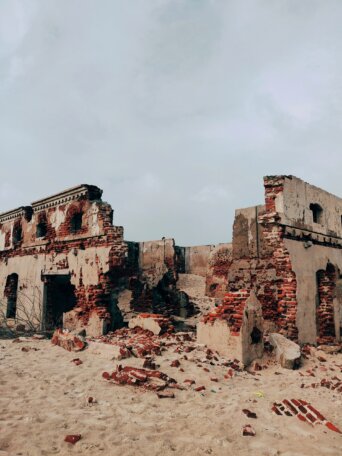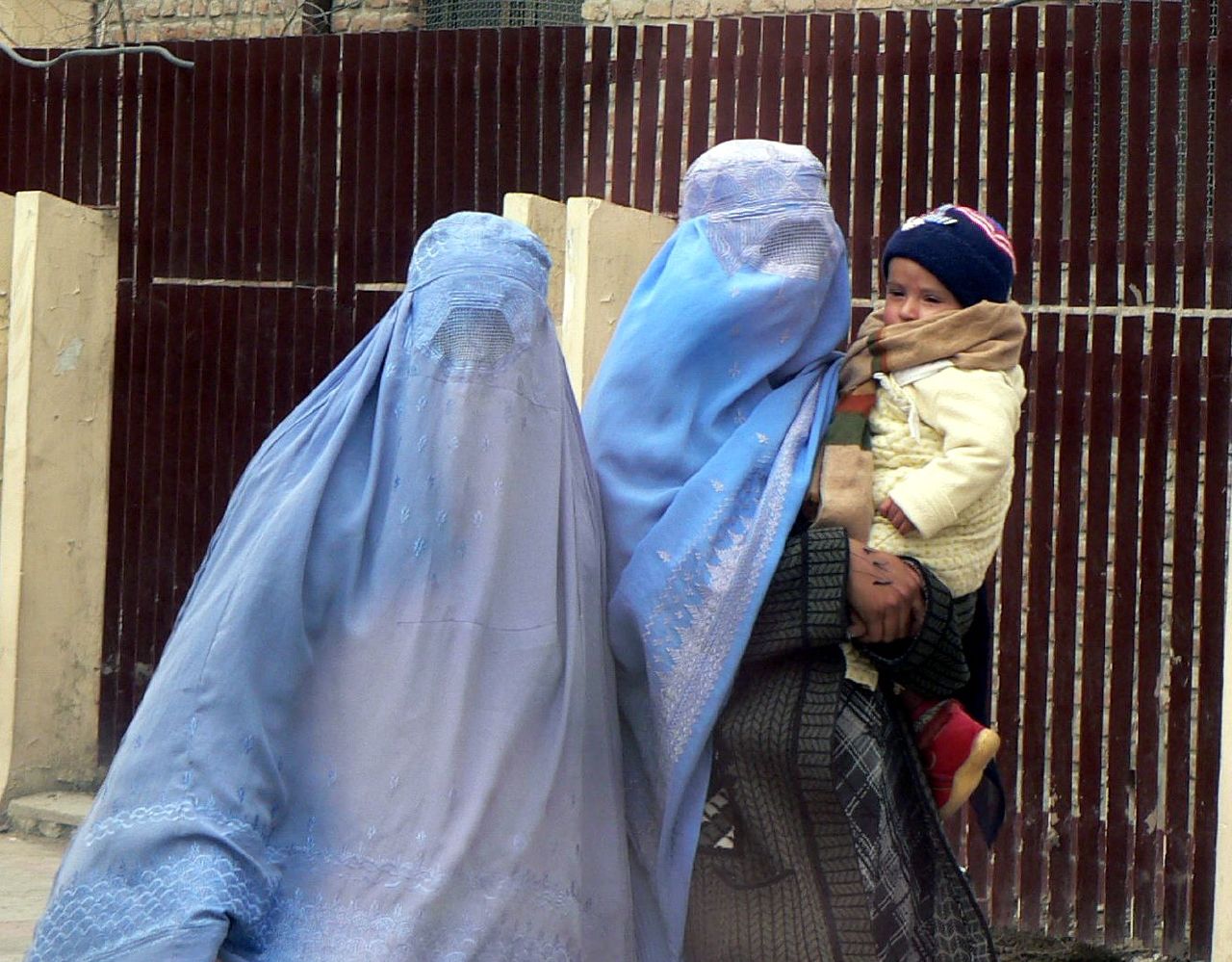- About
- Topics
- Picks
- Audio
- Story
- In-Depth
- Opinion
- News
- Donate
- Signup for our newsletterOur Editors' Best Picks.Send
Read, Debate: Engage.
| topic: | Political violence |
|---|---|
| located: | Afghanistan |
| editor: | Shadi Khan Saif |
There are very few analogous examples of countries that have seen as many cycles of armed conflict and generations of mass migration as Afghanistan. After the military takeover by the Taliban, the landlocked country is witnessing a massive exodus of its brightest minds, who have been forced to abandon their lives and country and wander in search for new opportunities.
Although the country has seen devastating periods of war in the past few decades, these years were also relatively more peaceful than the years that followed the Soviet invasion, thus inviting many of the refugees who had fled the Cold War-era violence to return to their homelands. Although Afghanistan was guided under the heavy hand of foreign influence and international meddling, Afghans had also seen some advancements in human rights this past decade, including increased liberty for women seeking higher education and work specialisation, increased freedom of press and increased freedom of expression.
This newfound order, however, did not last long.
No generation has been able to pass on their social advancements or peace to their successors due to the vicious cycle of global and regional interference which defiles their land and takes their lives and liberties.
The Afghanistan that was crushed during the ‘Great Game’ by the mighty Soviet bear and the roaring British lion in the 20th century now crumbles in a ‘New Great Game’ played by many surrounding hostile nation states and trans-national terrorist groups, each wrestling for power without any regard for the livelihood of the Afghan people.
The amount of lives and property lost and hearts broken in Afghanistan over these cycles is unimaginable.
The blame for this injustice - and the responsibility for its correction - cannot be assigned to one single party, but belongs rather to all countries that have meddled in any way in Afghan affairs.
In a recent example, the US has recently offered to pay reparations to the families of ten victims - seven of whom are children - who perished in a recent botched drone strike during the withdrawal of armed forces: an event which the US called a ‘mistake’.
The Afghan people have suffered countless such ‘mistakes’ - easily dismissed externalities and consequences of deliberate attacks from foreign forces.
We cannot perceive this as the new or old normal and must stop pretending that the international community does not share the burden and responsibility of the Afghans’ miseries.
Yet, this will only be possible if the world embraces the dejected Afghan migrants, supports those staying in their home country and continues to recognise their struggle for an independent and peaceful life.
Photo by AJITH S

